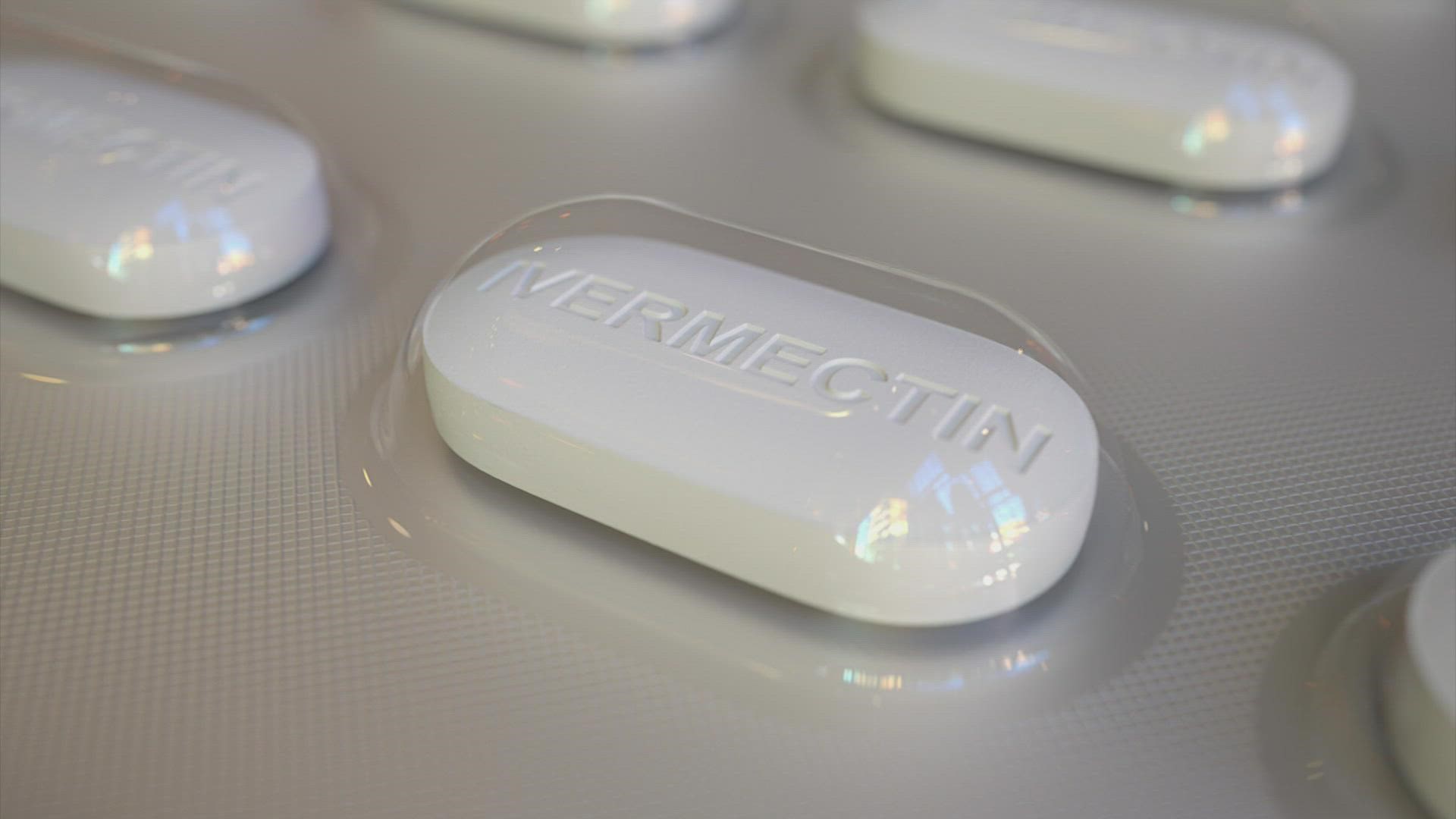HOUSTON — As the Delta variant of the coronavirus spreads, why are some patients turning to unproven treatments like hydroxychloroquine and ivermectin?
Trial troubles
As many researchers can tell you, a lot of drugs can show promise in a petri dish or lab animals but fail to work in humans. Think of all the times we hear about possible cures for cancers that worked on lab rats but never become a reality for people. The sad reality of medical research is 31% of drugs fail in phase two clinical trials and over 58% in phase three.
Hydroxychloroquine and ivermectin
Both hydroxychloroquine and ivermectin showed some promise in the petri dish. Ivermectin, which is a antiparasitic drug, and hydroxychloroquine, an anti-malaria and autoimmune disease drug, appeared to prevent COVID-19 from replicating in cell cultures. But when it came to clinical trials, the results were not as good. Hydroxychloroquine showed no benefit in large trials, while ivermectin trials have been so problematic it’s hard to figure out if it works or not.
Success with monoclonal antibodies
Meanwhile, there is a treatment for COVID that has performed well in clinical trials: monoclonal antibodies. In those tests it reduced hospitalization by 70% in high-risk patients, and when someone was exposed it reduced risk of infection by 80%.

